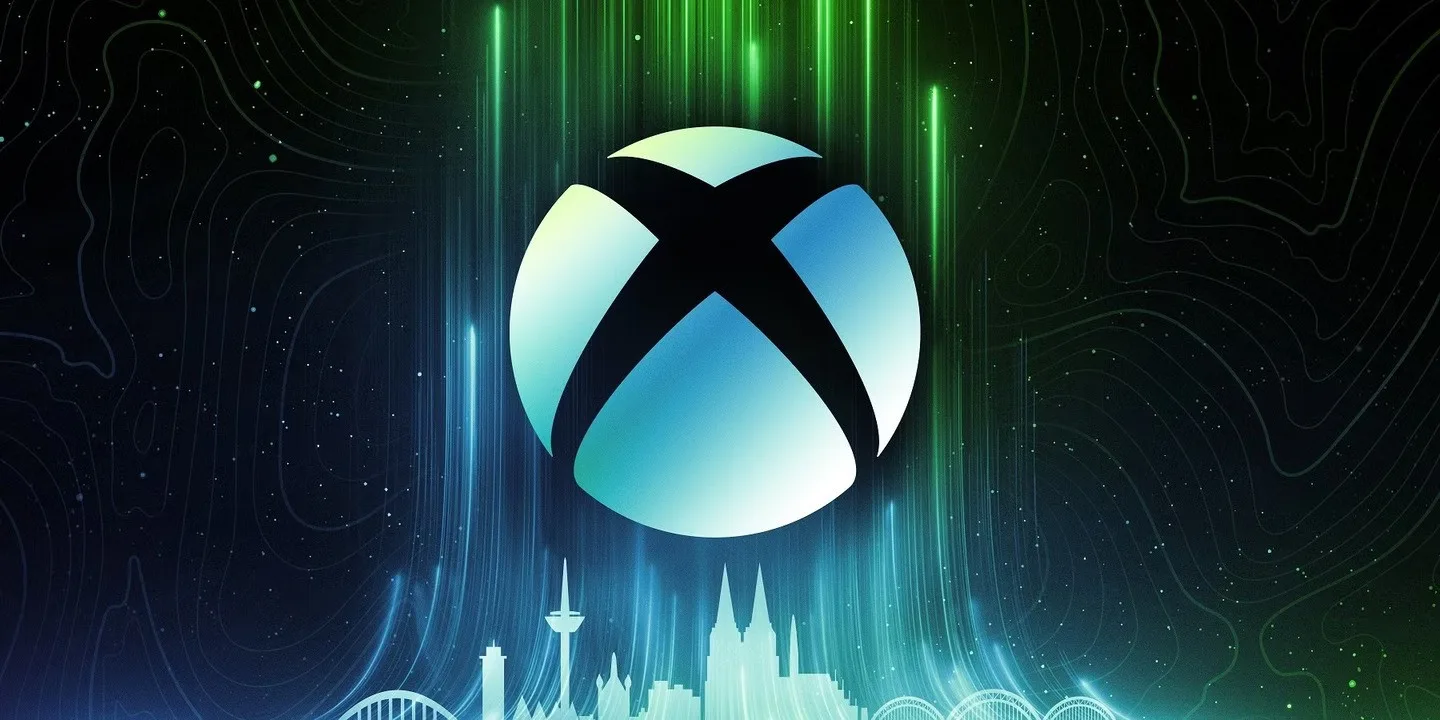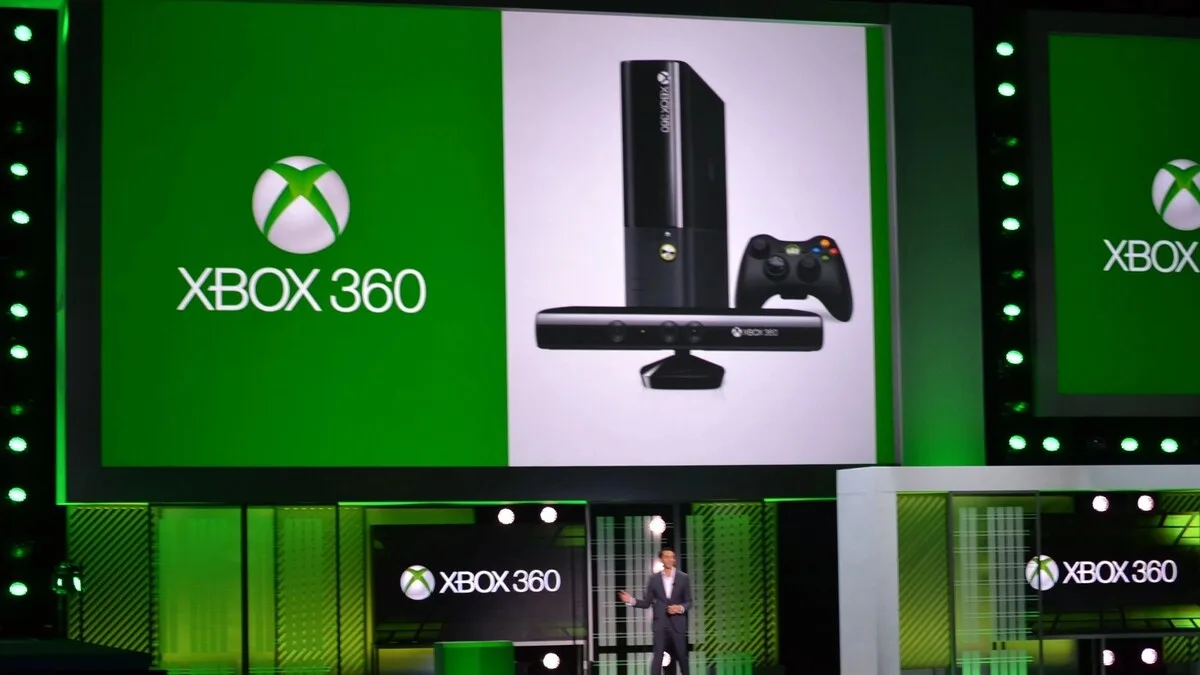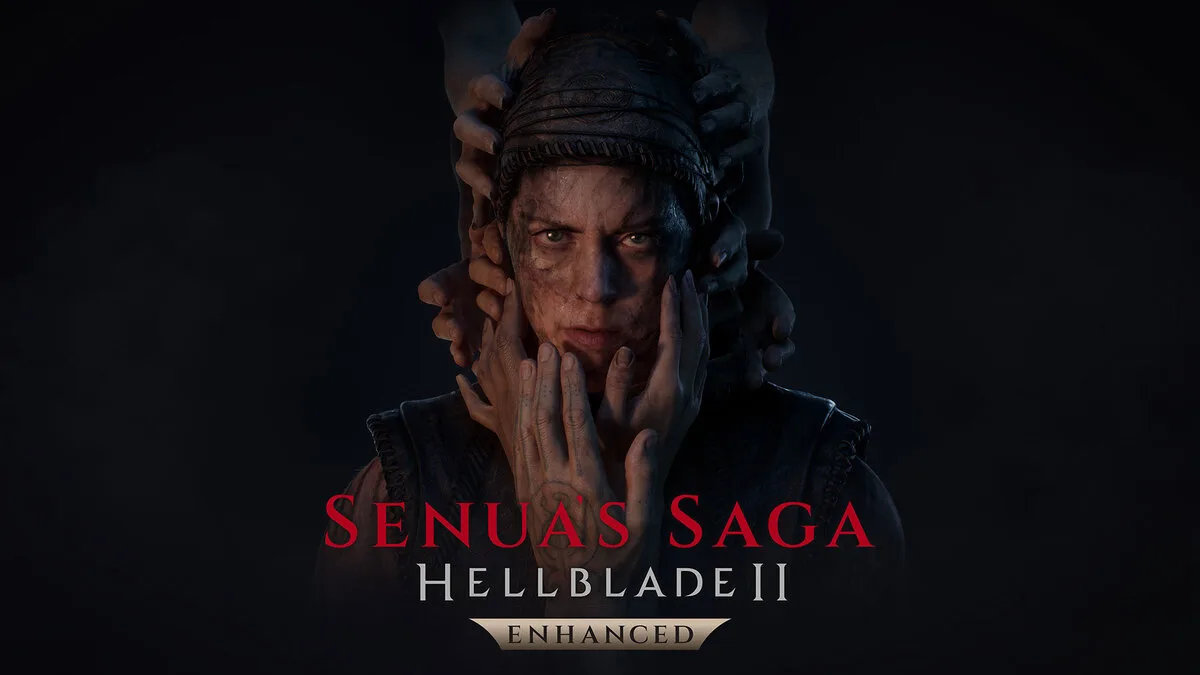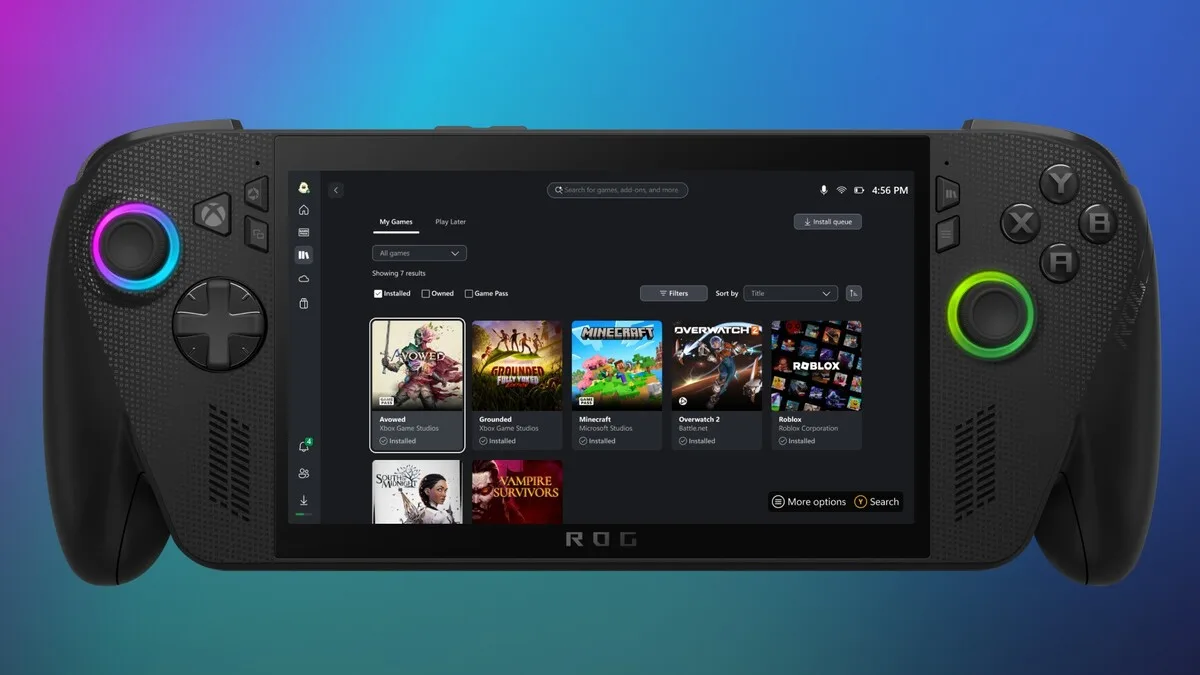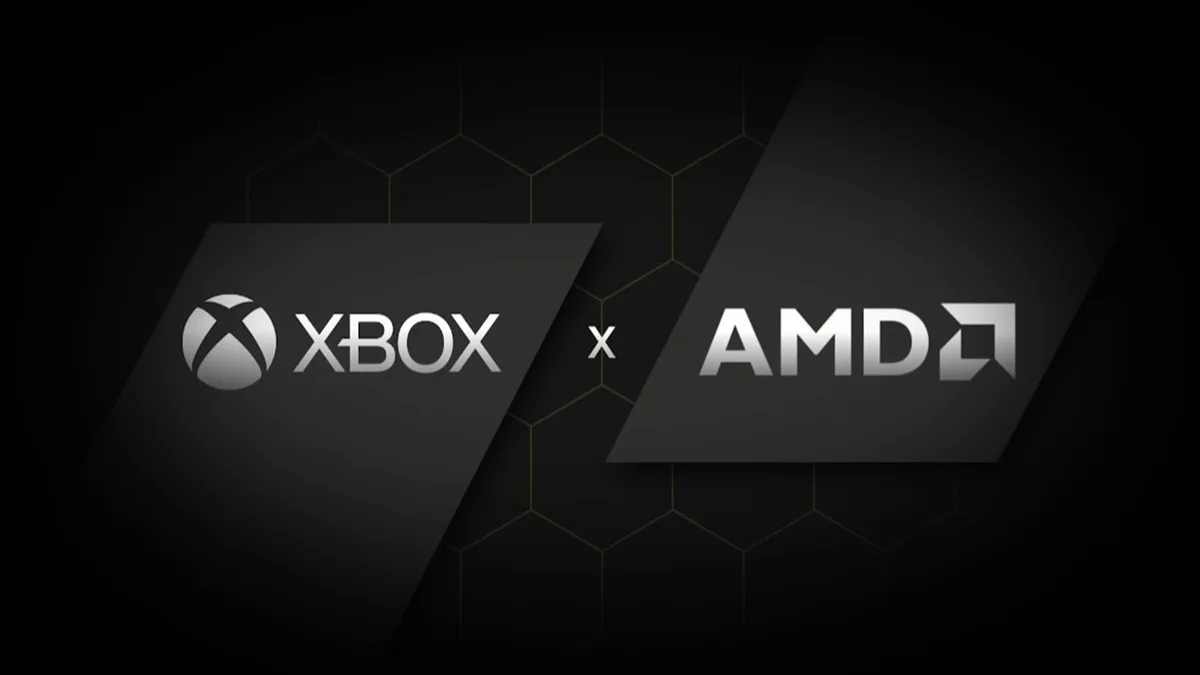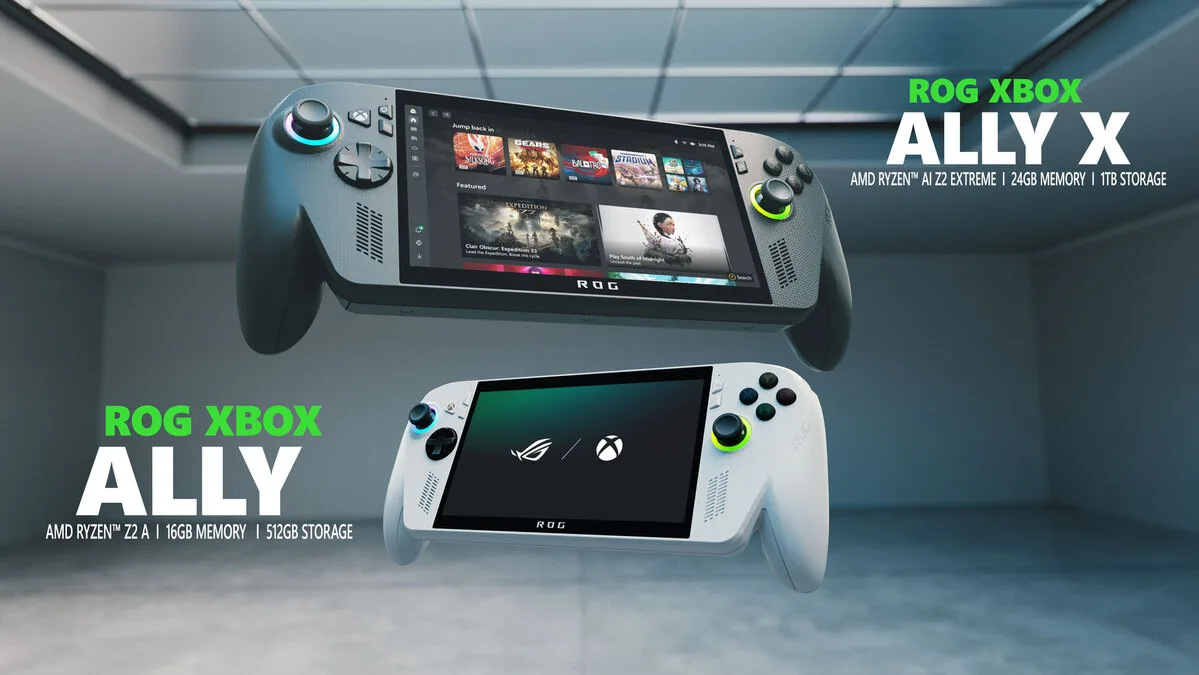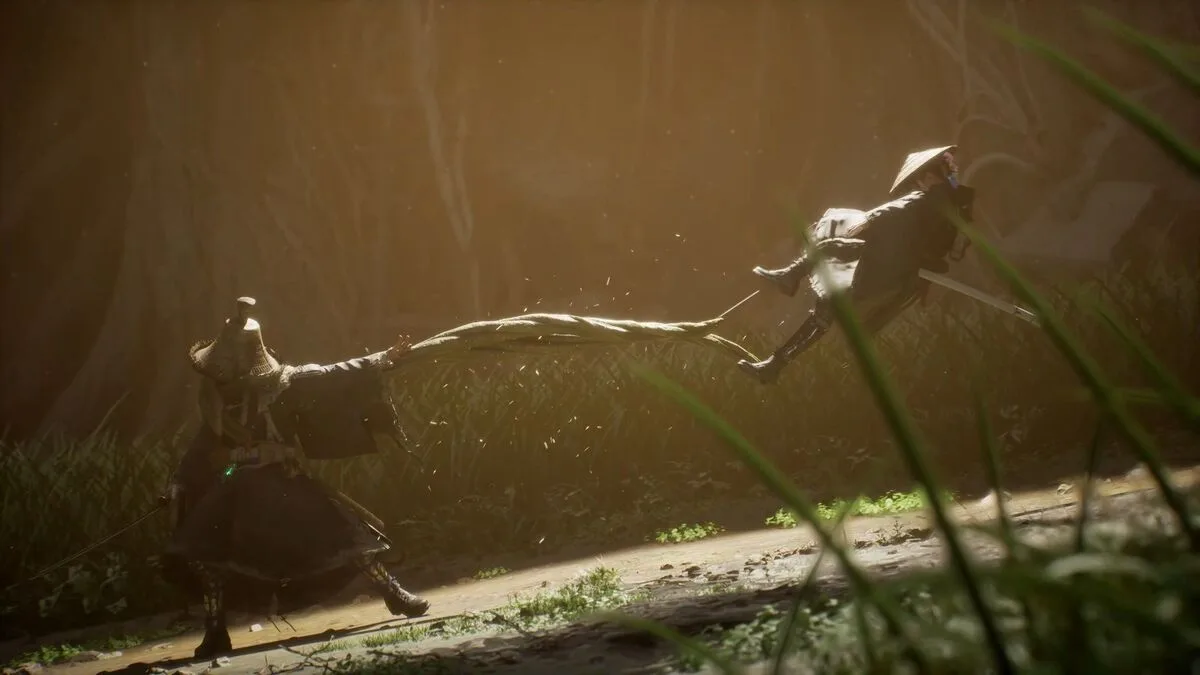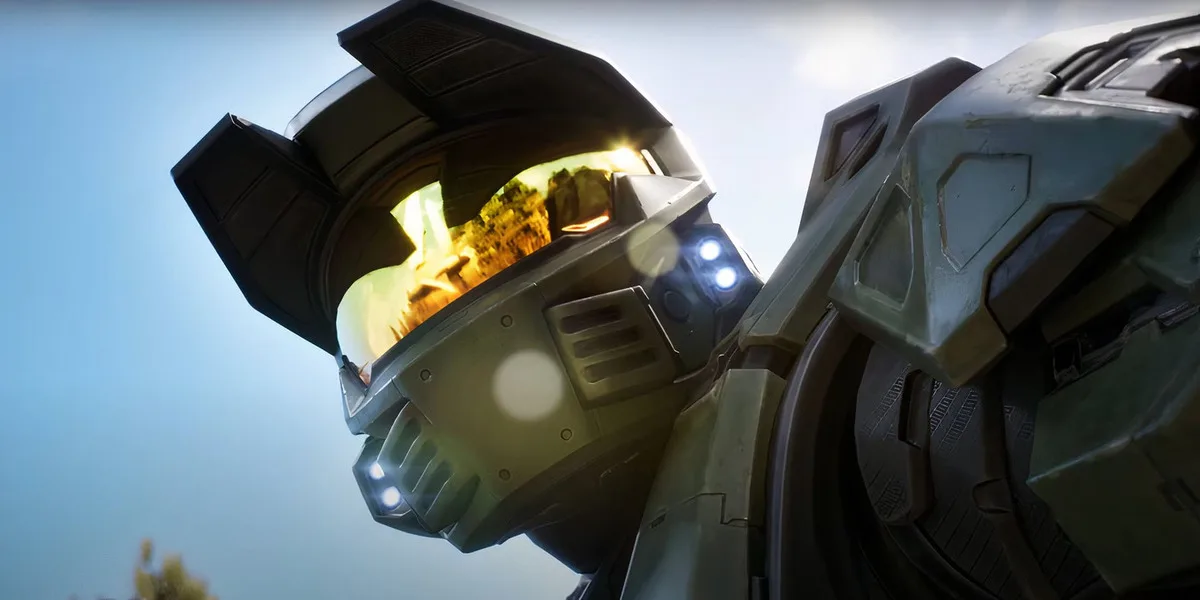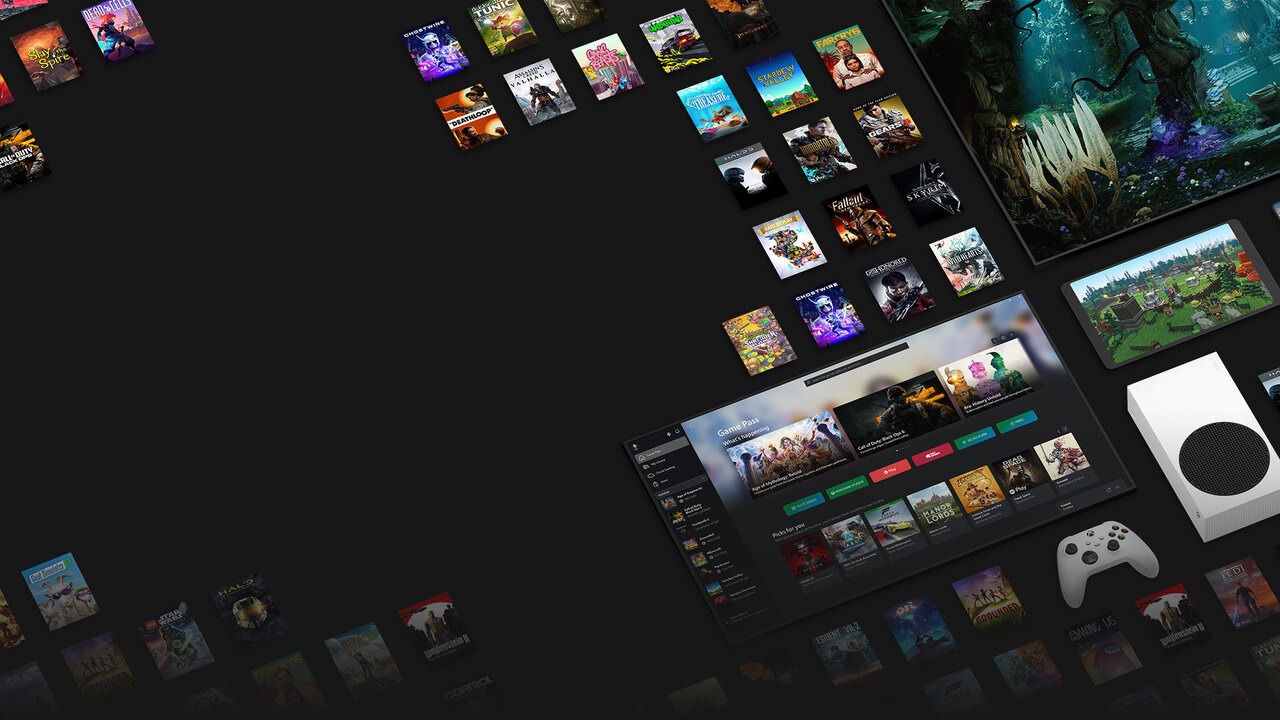
Zenimax’s Blackbird & Rare’s Everwild are the collateral of Microsoft Gaming shake-up
The immedate aftermath of Microsoft confirming that it would eliminate roughly 9,000 roles—about 4% of its global workforce—as part of a company-wide effort to streamline operations and reallocate resources to high-priority areas like cloud and… Zenimax’s Blackbird & Rare’s Everwild are the collateral of Microsoft Gaming shake-up
